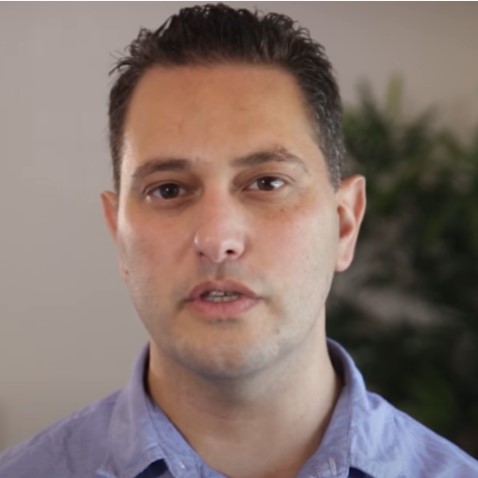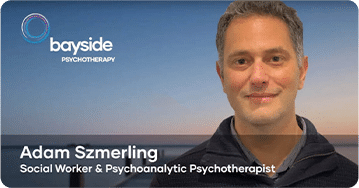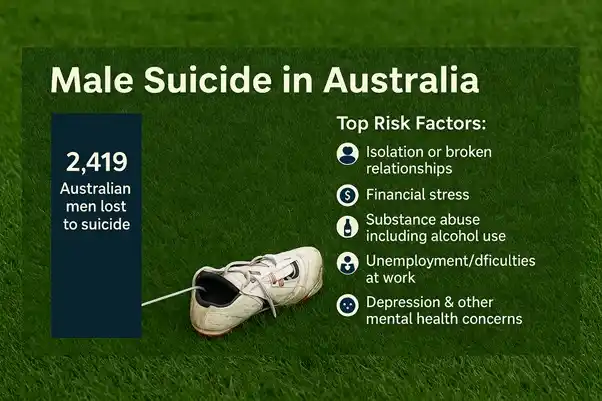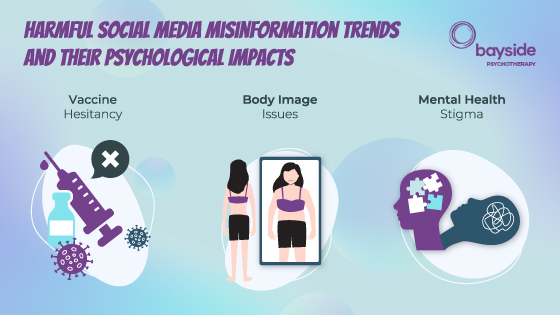Post natal OCD
Post natal obsessive compulsive disorder (OCD) is a harrowing experience. While pregnancy and childbirth are natural aspects in the human and animal kingdom, the universality can present a picture of deceptive simplicity. Pregnancies can involve various complications and stresses, including difficulties falling pregnant, surprise pregnancies, exacerbation of mental and physical ailments, the stress gestation places on the body, severe morning sickness and uncertainty regarding foetal illnesses or genetic abnormalities. Similarly the Hollywood depiction of childbirth as an uplifting, liberating and straightforward experience is often a far cry from the realities of childbirth, including prolonged labours, unexpected interventions and mother or baby becoming unwell in the process. For some women who experience complications and challenges in their pregnancy and or childbirth that were not foreseen, the experience of being frightened and out of control along with the enormous hormonal changes that occur in the early weeks following childbirth and the demands of a new infant on a mother and her relationship with the father, post natal mental illness, such as depression or anxiety, unfolds.
While awareness around post natal depression has continued to rise, less is known about post natal OCD despite it occurring in 2-4% of new mothers. OCD itself is characterised by obsessive thoughts and unremitting fears and behaviour rituals aimed at reducing distress and the likelihood of disaster striking. In post natal OCD, these fears often centre on the safety and wellbeing of their new infant and characteristically concern their worries about intentionally or accidentally harming their baby or their baby contracting an illness. Specifically fears and thoughts may concern suffocating or throwing their baby, harming their child through mindless yet harmful actions and the infant becoming unwell or dying after being exposed to medications or being given the wrong food. Parents may practice scrupulous hygiene standards involving excessive washing and sterilisation of baby clothing and equipment, refusing to allow others to hold the child, ambivalence about contact with urine or faeces and avoiding medications, chemicals and foods that are safe but perceived to be dangerous.
It is quite normal to be concerned for your infant’s welfare and health and therefore differentiating between normal angst and more dysfunctional patterns is not always easy. Many women are aware that their obsessions and compulsions are an issue but feel isolated, ashamed and unsure about where to seek help. Treatment of postpartum OCD often involves medication and psychological intervention centred on cognitive behaviour therapy (CBT). The most scientifically verified treatment for anxiety disorders is cognitive behaviour therapy (CBT) and many argue it is the most effective treatment for OCD. During CBT, individuals are gradually encouraged to confront their angst provoking thoughts without engaging in a compulsive or compensatory behaviour. For example, an individual may touch the clean side of a dirty tissue and rather than wash their hands, remain in contact with their anxiety and tolerate the feelings until they pass. This process can assist individuals in addressing the fear of psychic disintegration if a ritual is not performed and help build a greater sense of emotional safety internally and in the world. CBT may also involve the identification of thoughts that are unhelpful or maintain anxiety and generating alternative thoughts and ideas that are more adaptive and realistic.
What is ‘scientifically’ acceptable at a given time in history, however, does not necessarily coincide with other methods and clinical experience. Methods such as psychoanalysis cannot really be scientifically studied in the same reductionist ways in which CBT and similar methods have been. However clinical experience from analysts and patients have long attested to innumerable and longer lasting benefits with psychoanalysis in treating the causes, not just the symptoms, of presentations such as Post natal OCD. Psychoanalysis involves a substantially longer term commitment than CBT, however, and it’s not for everyone. Call 9557 9113 to make a booking and discuss your individual needs.
Here are a couple of blogs written on this topic you might find useful:
Is It Time For The AFL To Cast A Menta...
At Bayside Psychotherapy we are passionate about mental health and like many fellow Melbournians, many on our team are avid AFL fans. So when two of our.
Exploring Emerging Therapies: Understa...
At Mind Medicine Australia, we are dedicated to transforming the trea.
The Balance of Power in Romantic Relat...
Why do some relationships thrive while others feel like a constant tug-of-war? Power dynamics lie at the heart of this balance.
The Dark Side of Social Media: How Mis...
Ever find yourself scrolling mindlessly on your phone, only to realise the hours have slipped away? You’re not alone. For man.











